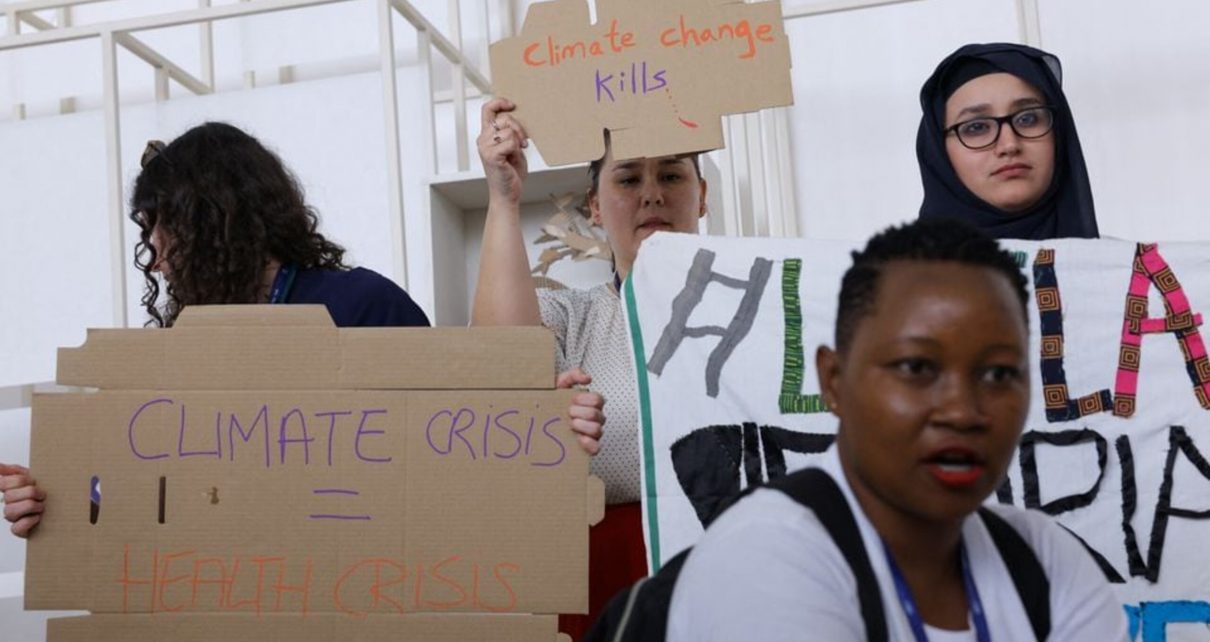Amidst the ongoing COP28 summit’s focus on climate-related health hazards, the United Arab Emirates and multiple charitable organisations pledged a substantial $777 million for eradicating neglected tropical diseases that are anticipated to escalate with rising temperatures, revealed in a statement by COP28 President Sultan Ahmed Al-Jaber.
Describing climate-related factors as a significant threat to human health in the 21st century, Al-Jaber emphasised the critical nature of addressing these challenges.
The UAE’s contribution of $100 million and an equal sum from the Bill and Melinda Gates Foundation marked notable pledges among several others, including commitments from Belgium, Germany, and the U.S. Agency for International Development, all aimed at tackling climate-linked health concerns.
Additionally, the World Bank unveiled an initiative exploring support avenues for public health in developing nations, acknowledging the heightened health risks triggered by climate change in these regions.
The exacerbation of tropical diseases alongside climate-induced health threats such as malnutrition, malaria, diarrhoea, and heat stress is anticipated with global warming, indicating the urgency of addressing these issues.
Despite over 120 countries signing a declaration at COP28 acknowledging their responsibility in safeguarding people amid climate change, concerns arose due to the omission of fossil fuels—the primary source of climate-warming emissions—a point termed a “glaring omission” by the Global Climate and Health Alliance.
Within the COP28 compound, activists, including physicians, staged a demonstration to raise awareness of the pressing health concerns exacerbated by climate change, emphasizing the real-world impacts witnessed globally.
Highlighting the need for urgent measures, Joseph Vipond, an emergency physician from Alberta, Canada, recounted a tragic incident involving a child succumbing to an asthma attack exacerbated by smoke from unprecedented wildfires in Western Canada this year.
Notably, former U.S. Secretary of State Hillary Clinton advocated for reforms in the insurance system, underlining the significance of securing people’s homes and businesses against climate-related risks.
Microsoft co-founder Bill Gates also outlined ongoing efforts to combat mosquito-borne diseases like malaria, citing advancements in research for new treatments and prevention strategies as crucial in tackling the expanding mosquito habitats due to rising temperatures.


